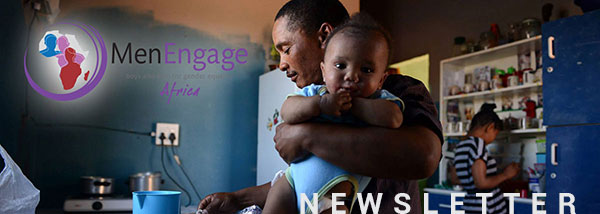 |
|
|
March 2018
|
|
 Second MenEngage Africa SymposiumRede HOPEM and the Eduardo Mondlane University Faculty of Arts and Social Sciences (UEM-FLCS), will host the 2nd MenEngage Africa Symposium from 23 – 27 April 2018, in Maputo, Mozambique. Dubbed the Maputo Symposium, the event will highlight and celebrate important transformative interventions undertaken by MenEngage Africa networks in the Africa region and gender activists working with men and boys in the promotion of gender equality and the human rights of women and girls in the continent. |
|
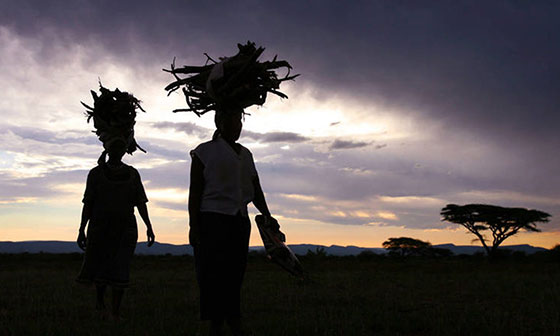 Accountability is key in bringing an end to violence against womenLate last year, in October, it was Africa’s turn to host the Five Days of Violence Prevention Conference, with the first having been hosted by Sweden in 2014. This second conference was hosted in Johannesburg, South Africa, by several partners, including MenEngage Africa, Sonke Gender Justice and UN Women. Driving the conference was the acknowledgement that accountability is central to bringing an end to violence against women. |
|
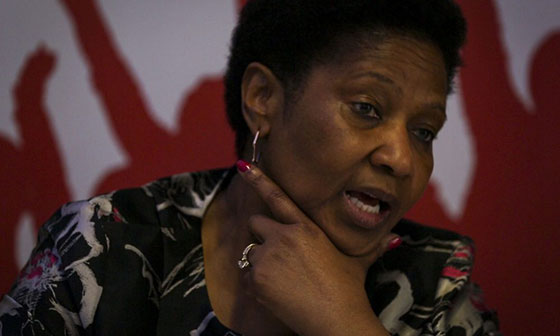 Ending violence against women: the time is now, togetherThe Executive Director of UN Women, Phumzile Mlambo-Ngcuka, delivered the inaugural Sonke Gender Justice (Sonke) Lecture at the Five Days of Violence Prevention Conference. In her address, Mlambo-Ngcuka pointed out that women and men need each other to end the violence. “The fact is that men still have significant control and decision-making. Only when they take a stand to make their positions and their authority work for men and women alike, and for all of society, would we see significant progress”, she said. |
|
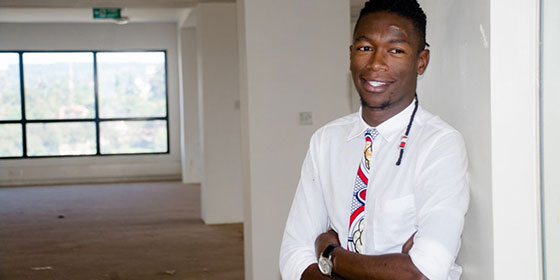 Every year, I try to learn something new that will help me in my workSince 2012, MenEngage Africa has been running the MenEngage Africa Training Initiative (MATI). The vision for MATI is to build a dynamic, vocal and visible network of leaders and gender justice advocates that will drive the gender equality and human rights agenda on the African continent. Festus Kisa, a 27-year old social worker from Eldoret, Kenya attended our last MATI course in 2016. Here he describes his experiences as an LGBTI activist and what he learnt from the training. |
|
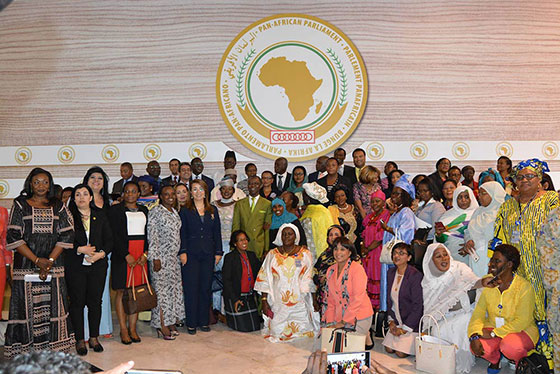 Pan African Parliament Women’s Conference questions role of parliamentarians in ending Female Genital MutilationIn October, the Pan African Parliament (PAP), MenEngage Africa and Sonke Gender Justice co-organised the 10th Annual PAP Women’s Conference under the theme “Role of Parliamentarians in promoting international and regional instruments, especially those related to Women and Youth, Peace and Security and Female Genital Mutilation in order to achieve the Demographic Dividend”. The conference aimed to mobilise members of the PAP to promote international and regional human rights instruments and to accelerate the fight against female genital mutilation (FGM) deemed to be a threat to the Demographic Dividend of Africa. |
|
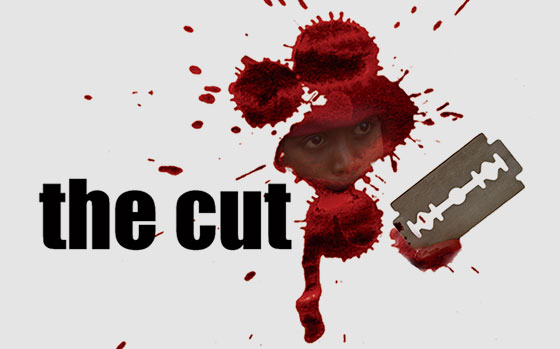 Why FGM is not just a women’s issueWorking with men and boys to promote gender equality and challenge discrimination has a positive impact on the health of women and girls. That’s a key message that came out of the 10th Annual Pan African Parliament’s Women’s Conference. For example, “it is believed that men do not have any responsibility and women are the decision makers for Female Genital Mutilation (FGM), yet the reality on the ground traduces a major role of men being involved either directly or indirectly,” Mpiwa Mangwiro, Regional Campaigns and Advocacy Specialist for Sonke Gender Justice, which co-ordinates the work of MenEngage Africa, said. |
|
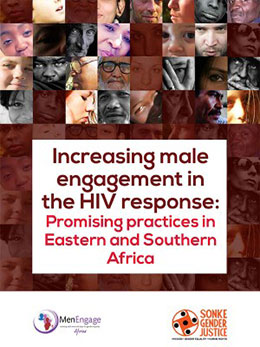 Increasing male engagement in the HIV responseIt is now well understood that gender norms, as they affect both women and men, underpin the HIV epidemic and need to be addressed urgently. Women are much more vulnerable to HIV infection; men are much less likely to get tested for HIV, less likely to access and adhere to treatment, and are thus disproportionately more likely to die of AIDS than their female counterparts. This means that there needs to be concerted efforts to engage men and boys in our campaigns to address the epidemic. |
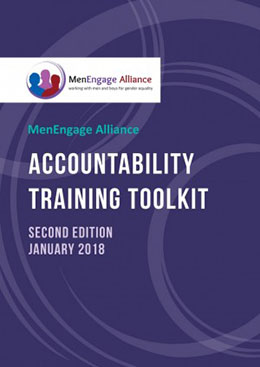 MenEngage Alliance Accountability Training ToolkitAccountability to women’s rights movements and other social justice activists is at the core of who we are as MenEngage Africa. Many feminists have expressed strong concerns about how the work with men and boys for gender justice is carried out. This prompted MenEngage Alliance Global, our mother body, to develop the MenEngage Accountability Standards and Guidelines and its Training Toolkit in 2014. This year, the Alliance has released a revised version of the toolkit. |
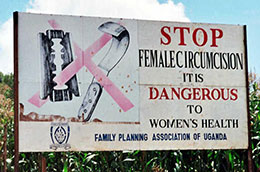 AfricaGender Indaba Edition 41In this podcast of AfricaGender Indaba, a weekly radio show that broadcasts on the South African Broadcasting Corporation’s external radio service, Channel Africa, Khopotso Bodibe puts the spotlight on the 8th Africa Conference on Sexual and Reproductive Health and Rights, which was held in Johannesburg, South Africa, recently. He also looks ahead at the upcoming 2nd MenEngage Africa Symposium. You’ll also hear about child marriage in Zambia. |
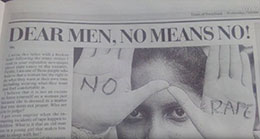 Emachawe AsekhayaKwakha Indvodza, a member of MenEngage Swaziland recently launched the Emachawe Asekhaya campaign as part of efforts to contribute to national initiatives aimed at reducing gender-based violence and HIV incidence rates. The campaign also seeks to advocate for effective couple communication, family-based health seeking behaviour and male-friendly health systems and services in Swaziland. |

